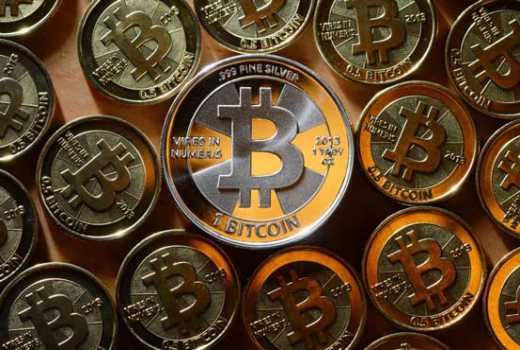×
The Standard e-Paper
Fearless, Trusted News

NAIROBI, KENYA: If investing in Bitcoin is among your plans, Central Bank of Kenya (CBK) wants you to know you may lose all your money.
Bitcoin is a type of digital currency in which encryption techniques are used to regulate the generation of units of currency and verify the transfer of funds, operating independently of any central bank.